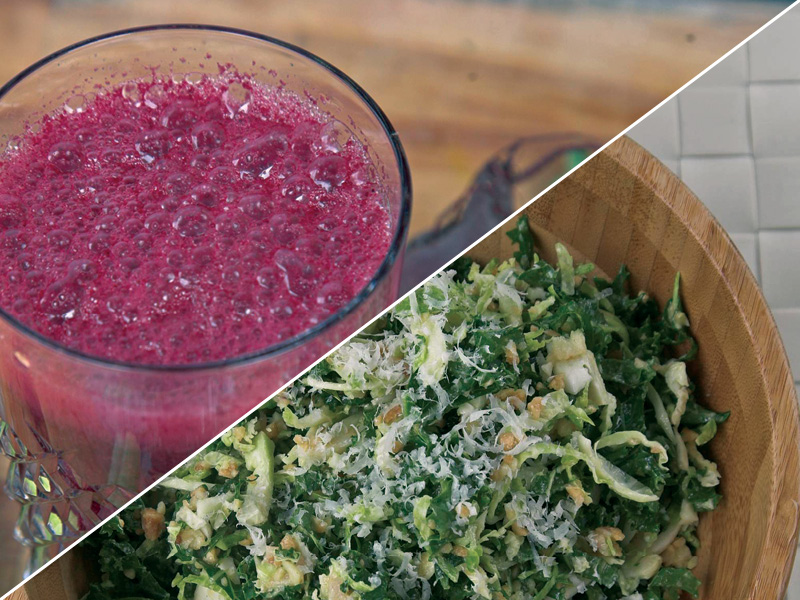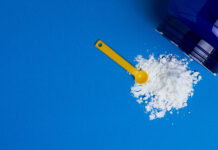Sports nutrition has progressed leaps and bounds within the last quarter century. Diet is now a key component of all athletes’ training plans. Here are five lessons that have not only enhanced athletic performance, but have also improved longevity and helped us come closer to optimum health.
Type & Timing of Carbohydrates
In 1967, Swedish researchers discovered that athletes who increased their carbohydrate intake were able to run faster and farther.
We have learned that consuming carbohydrates with a low glycemic load (GL), such as intact grains and legumes, as part of one’s daily diet prevents spikes in blood sugar that could lead to insulin resistance, a key driver of obesity, type 2 diabetes and heart disease.
Research has shown that eating a low GL meal prior to exercise provides sustained energy and improves endurance. Eating a medium to high GL meal within 30-45 minutes post exercise will swiftly replenish glycogen stores ensuring you are prepped for your next workout.
Eat More Plants
Whether you are a paleo or vegan athlete, the last 25 years have shown that eating a diet rich in plant-based food is the key to both longevity and optimal health.
Research has shown that those with the highest consumption of unrefined plant foods reduce their risk of chronic diseases of aging such as heart disease and cancer.
Athletes in particular will benefit from the rich sources of phytonutrients contained in the pigments of vegetables and fruits. Eat a rainbow of veggies and fruit to maximize your intake of vitamin C, beta-carotene, anthyocyanins and other powerful antioxidants that will protect your body from the stress of exercise and boost your immune system.
Nourishing Nitrates
One significant discovery in sports nutrition has been the health and performance benefits of dietary nitrates. Consuming beetroot, celery and arugula, all rich sources of nitrates, has been shown to improve blood flow to muscles, increase oxygen efficiency and stamina as well as accelerate muscular recovery. Dietary nitrates have been shown to lower blood pressure, which can reduce the risk of cardiac events.
Get Friendly with Turmeric
The active compound in turmeric, called curcumin, is one of the most powerful natural anti-inflammatories. It has been shown to help reduce the risk of Alzheimer’s disease, cancer and diminish the symptoms of rheumatoid arthritis. Adding this bright spice to your diet can help reduce exercise-induced muscle damage and soreness, which can lead to faster recovery. Try adding turmeric to your grain dishes, omelets and vinaigrettes.
Fabulous Fats
The discovery that omega 3 fatty acids contained in cold water fish, walnuts and chia seeds can improve insulin sensitivity, reduce inflammation and have cardioprotective effects make this nutrient a must-have in your diet. Studies have revealed that omega 3s can enhance exercise capacity, increase maximum oxygen uptake and improve the function of blood vessel lining and circulation.
TIP: Eat a rainbow of veggies and fruit to maximize your intake of vitamin C.
















